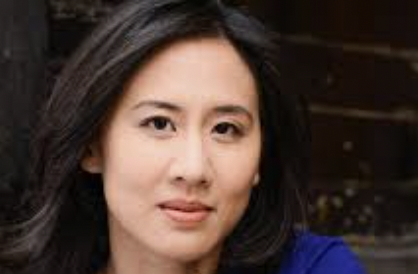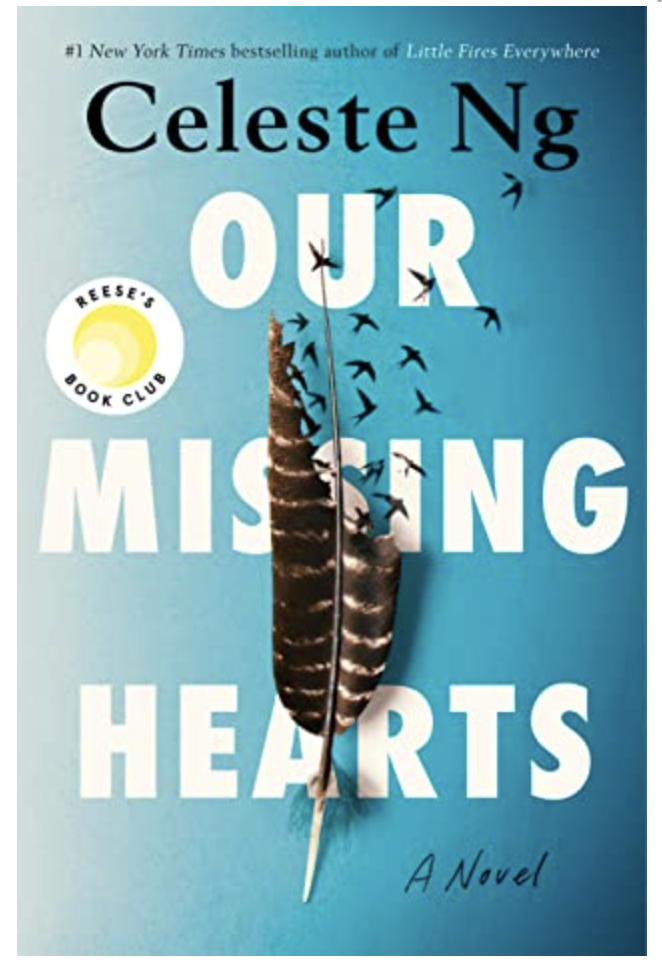
American Oppression, repressive laws, and Incremnetal rise of racism


A 12-year-old Bird Gardener, son of Ethan Gardener, a white Harvard linguist, and Margaret Miu, a Chinese-American poet, lives a quiet existence with his loving but broken father, a former linguist who now shelves books in a university library. Bird knows to not ask too many questions, stand out too much, or stray too far. For a decade their lives have been governed by laws written to preserve them.
The family is in disarray, Margaret has abandoned the family, Ethan has been demoted from Harvard’s faculty to the university library, and father and son now live in a depressing campus dormitory. A decade earlier, an economic collapse is known simply as a “crisis” that fractured American society. Margaret recalls “ Many would dredge up old lists of rivalries searching for someone to blame. They would settle in a few years, on China, that perilous perpetual Yellow menace”.
The US government passes the law called FACT, the Preserving American Culture and Traditions Act – essentially outlawing “un-American ideas” and pro-China rhetoric. Chinese-American soon becomes the enemy within.
One of Margaret’s poems refers to FACT removals the children of dissidents taken and placed with foster families as both a punishment and a warning to potential protesters.
One of these lost children is Bird’s school friend Sadie, a black girl seized from her home in Baltimore and relocated under duress to Massachusetts. Two events spur Bird into action. First, Sadie disappears from her new foster home. Then he receives a drawing of cats from his mother. “ A code” the bird wonders. “Letters in their stripes, perhaps, in the point of their ears or the bends of their tails “. It is the first in a series of clues – a trail of breadcrumbs thinks Bird, that propels him to New York aided by a network of dissident librarians, circulating information on removed children.
The fractious relationship between the US and China is here played into a twisted scenario in which Americans turn on their own. The Covid pandemic triggered a rise in attacks on Asian Americans connected to rhetoric about them spreading the virus. The impact of those events is felt in Ng’s writing.
Ng’s treatment of the gradual disintegration of objective lawmaking, the incremental rise of racism, and the tendency for people to turn the other way in the face of injustice. Ng’s depiction of librarians as honorable knights and of libraries as silos of dissent ( The American Library Service is presently combating a sharp rise in book bans).
His search leads him eventually to a boarded-up Brooklyn brownstone house where Margaret is living in feral conditions while planning an act of resistance
“ American Culture in the wake of years of economic instability and violence. To keep the peace and restore prosperity, the authorities are now allowed to relocate children of dissidents, especially those of Asian origin, and libraries have been forced to remove books seen as unpatriotic – including works of Bird’s mother, Margaret, a Chinese American poet who left the family when he was nine years old. Bird has grown up disavowing his mother and her poems, he doesn’t know her work or what happened to her, and he knows he shouldn’t wonder. But when he receives a mysterious letter containing only a cryptic drawing, he is pulled into a quest to find her, and the journey takes him back to the many folktales she poured into his head as a child, through the ranks of an underground network of librarians into the lives of the children who have been taken, and finally New York City, where a new act of defiance may be the beginning of much-needed change.
Celeste Ng made the old story new, of the ways supposedly civilized communities, can ignore the most searing injustice. It’s a story about the power- and limitations- of art to create change, the lesion and legacies we pass on to our children, and how any of us can survive a broken world without our hearts intact.
Our Missing Hearts is a tale of authoritarian oppression on America’s eastern seaboard, a fiction dealing with how Asian Americans fit into close-knit White American communities and experience moral panic.
Our Missing Hearts by Celeste Ng, Little Brown £20/ Penguin $29, 352 pages.
